The label ‘deep house music’ is nowadays almost everywhere. We have seen many new DJs and music connoisseurs curious to know what the music genre really involves.
There are many different movements within electronic music, and over the years these have been explored quite extensively, which evolved into more niches and branches. The changes in the house music sounds are increasingly tricky, and many can no longer see the wood for the trees. That causes discussion.
There is also disagreement or division about what ‘real’ deep house is. Several new DJs and music connoisseurs characterize this genre, which can be illustrated best using some quality deep house tracks. Some are listed below:
Pepe Bradrock – Deep Burnt
Fred P – Come this far (Fred P Reshape)
Kerri Chandler – Atmosphere (LOST DUBS)
Matthew Dekay & Lee Burridge – Lost in A Moment
What is Deep House music?
Countless trends have emerged in electronic music; likewise, the ‘deep house’ movement. Nowadays a somewhat calmer song is labelled ‘deep house.’ But is this right? Many DJs disagree with this designation. It also causes significant disagreement within the DJ world.
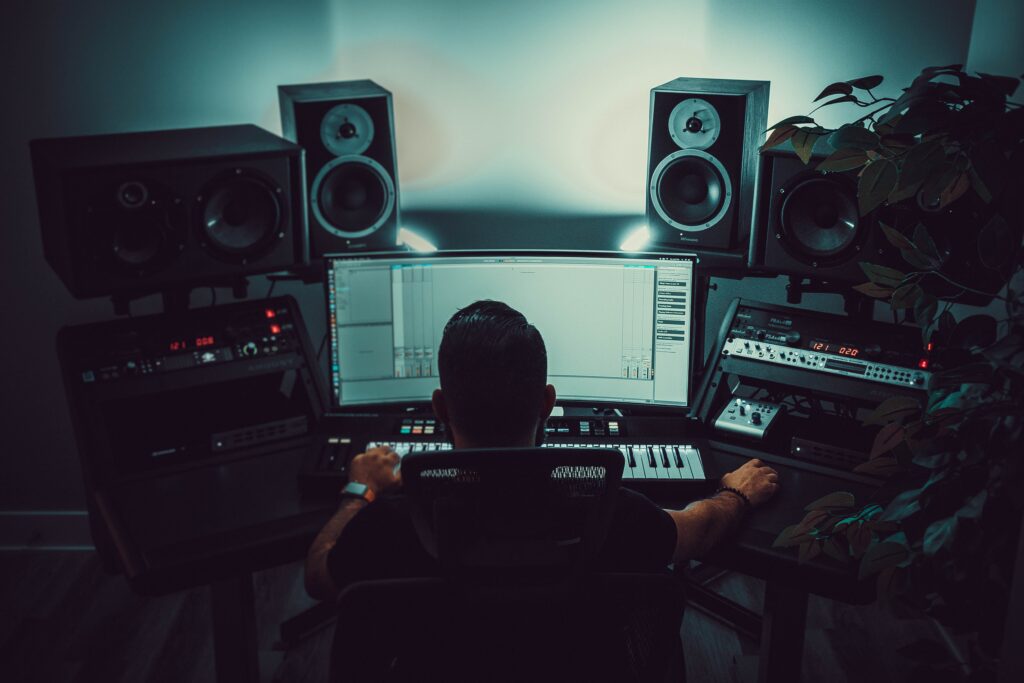
History of deep house music?
The deep house genre originated in America around the 1980s. As the word ‘deep house’ indicates, it is a descendant of house music. House music emerged from the then immensely popular disco music. This music was mainly intended to make people dance. In the beginning, house was not that popular, and it was played primarily in underground clubs. Later, the disco genre faded into the background, and house music was played everywhere.
Especially in Chicago, some DJs used more resonant sounds and raw beats. These beats often had influences from jazz and soul. Larry Heard, one of the founders of the deep house genre, tried to show musical craftsmanship through this music as a counter-reaction to the now stripped-down disco music. Artists like Frankie Knuckles and Marshall Jefferson took over from Larry, but it remained an underground genre.
After the general public had already become acquainted with house music in the 80s, deep house also got a stage in the late 90s. This caused deep house to receive more attention, and numerous deep house producers started emerging. Deep house remained a movement that responded to other movements, where deep house used to be a counter-reaction to commercial disco music, from 2000, the sound increasingly became a genre that reacted against commercial hard house music.
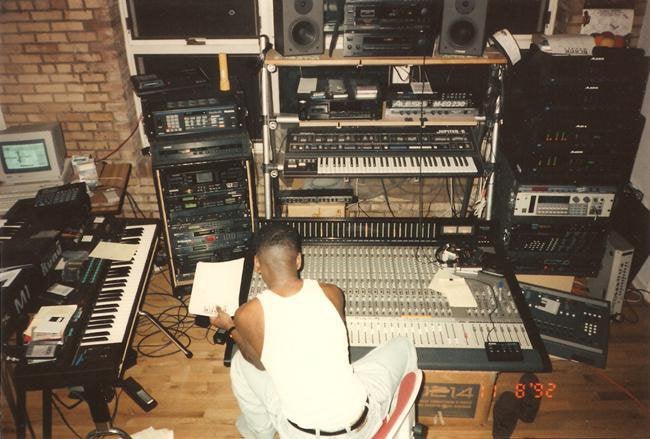
The term “deep house” has come to mean many different things to many different people, being applied to everyone from Disclosure to Fred P. But the roots of the sound can be traced back to the musical innovations of one man: Larry Heard. In this video, Resident Advisor looks at the techniques behind some of Heard’s most iconic and influential music, explaining how he gave house music a sense of depth.
Characteristics of deep house music
There are several characteristics of the deep house genre that appear in almost every song:
● A deep sound:
This means that the lower frequencies have a very deep sound.
● Quiet:
The deep house rhythm is calmer compared to the usual place, around 120 to 125 bpm (beats per minute).
● Emotion:
Many deep house songs arouse emotion in the listener.
● Soul and jazz:
Deep house songs often are influenced by soul and jazz. This is reflected in the use of jazz/soul instruments such as the saxophone and trumpet.
● No peak:
It does not happen irregularly that a deep house number does not have a peak. The entire song will then continue to the same beat.
● Melodic:
Deep house tracks are generally very melodic. This is partly due to the instruments used in the making of a song.
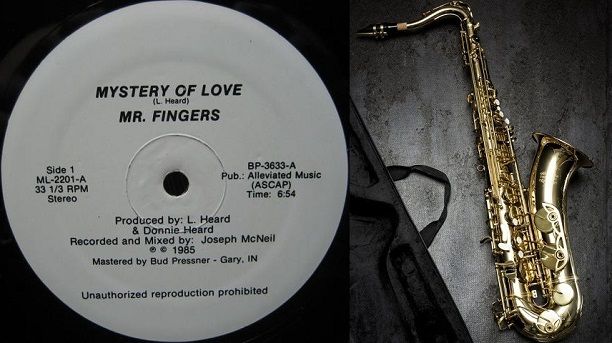
What makes The Sound Deep ?
Deep House is well known for:
- Tempos generally from 110 to 125 BPM
- Low-end basslines
- Broad utilization of percussion components (typically having a Roland TR-909 drums)
- Gentle keyboard pad sounds (Roland Juno 60)
- Usage of innovative chord constructions
- Ambient layerings of sounds,
- Soulful, chiefly feminine vocals
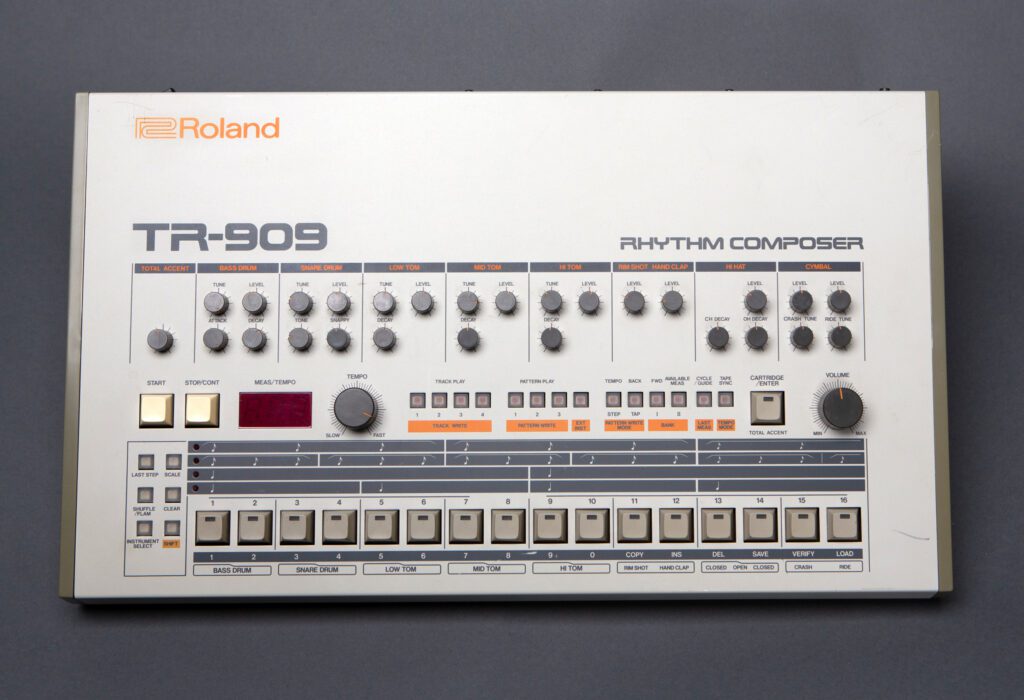
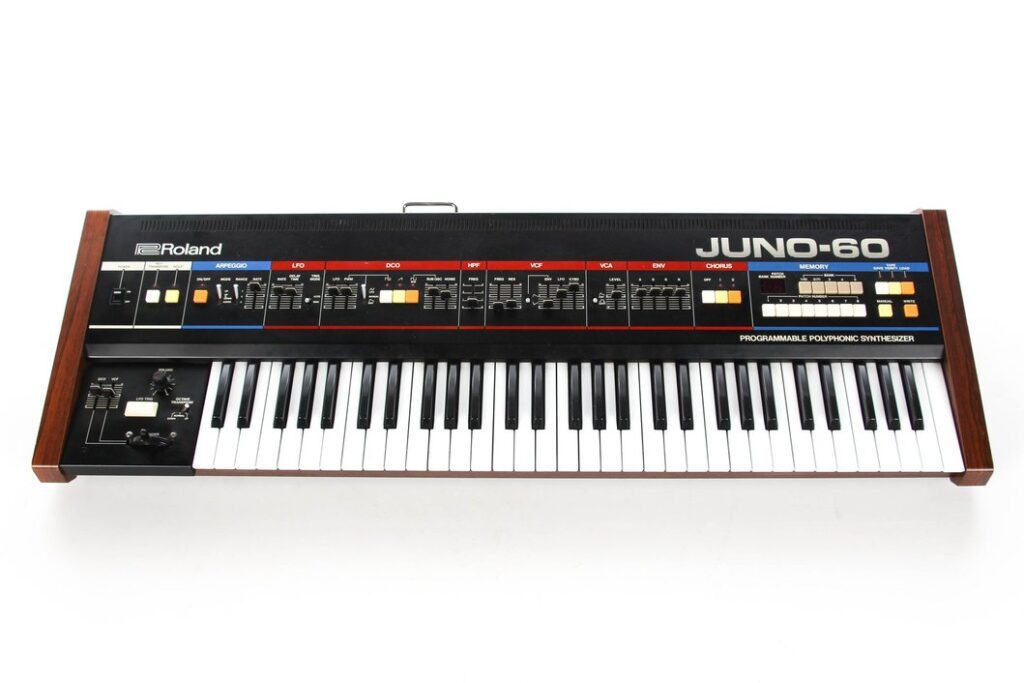
What is your experience with Deep House Music? Please leave a comment below!



